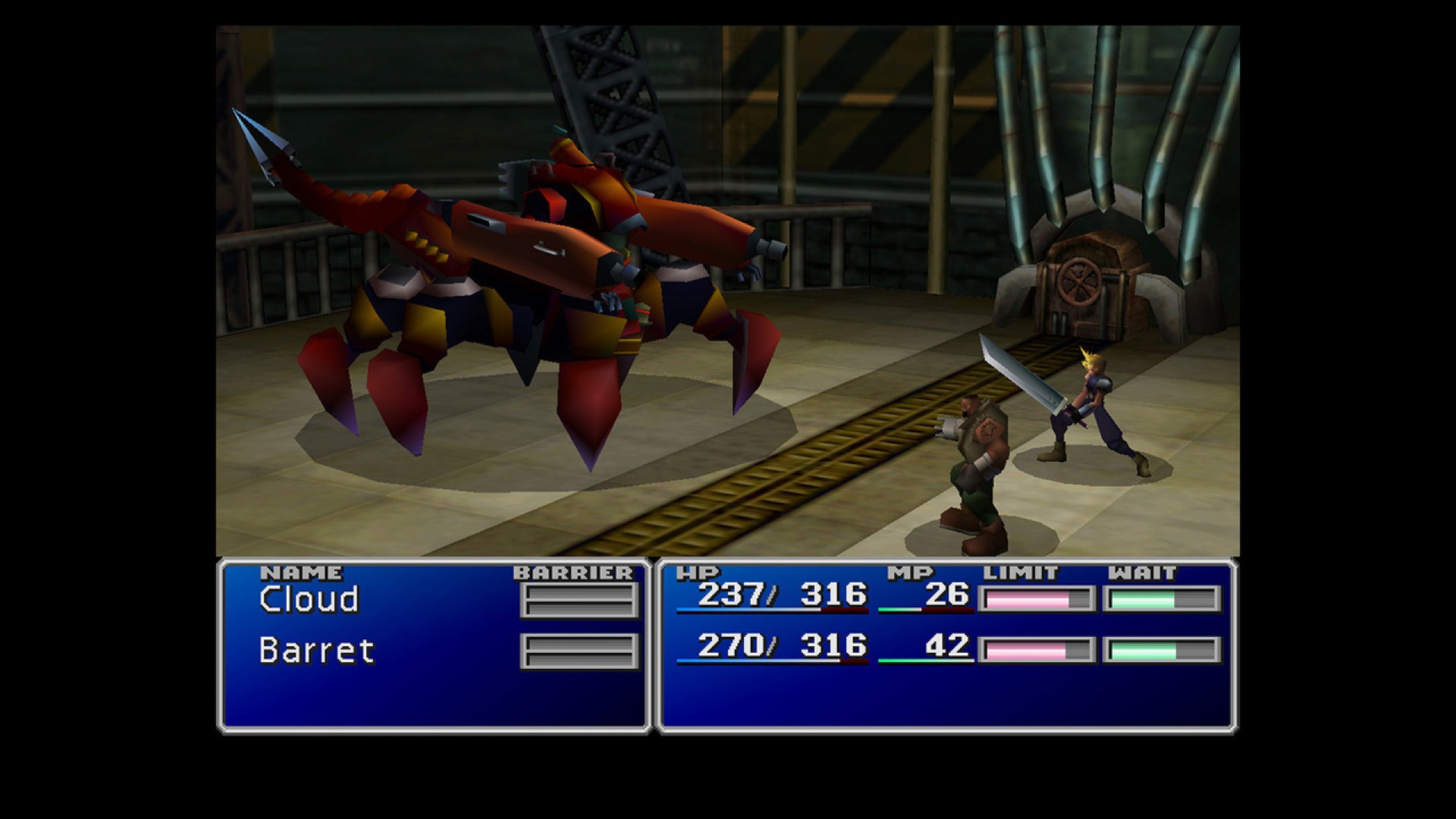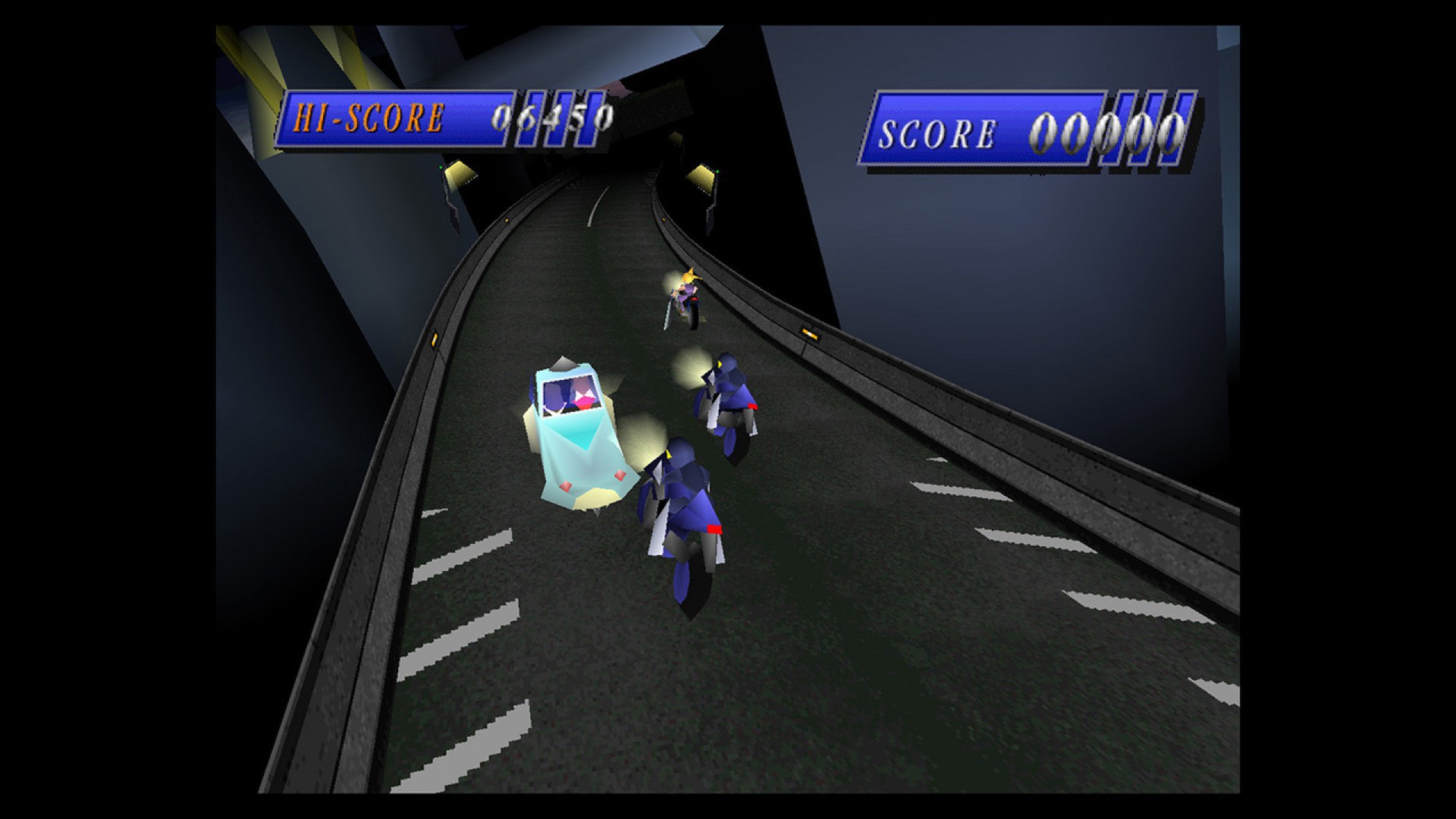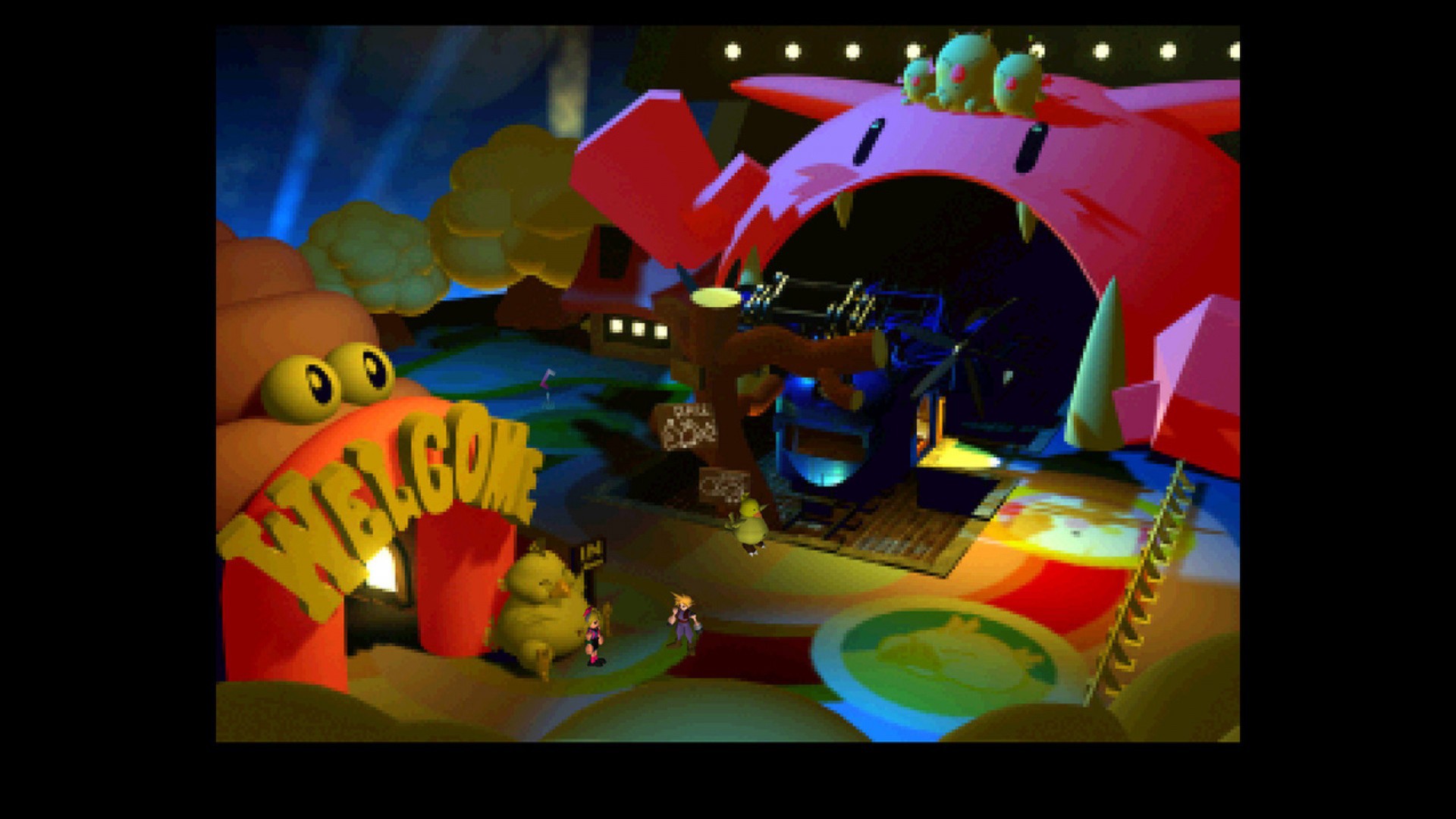
How Final Fantasy VII Changed Video Games
There are two reactions you’ll hear when anyone is talking about FINAL FANTASY VII. “It’s the greatest game ever” or “It’s overhyped and not that great.” Now, I’m not going to say Final Fantasy VII is the best game ever, but it is a great game. You can’t say that it hasn’t changed videogames because, let’s be honest, it did. But how did it do this?
How Final Fantasy VII Came To Be

After the worldwide critical acclaim of FINAL FANTASY VI, Square knew it would have to up its game. As soon as Final Fantasy VI was released in 1994, it was time for them to start thinking about what they would do in Final Fantasy VII. VI had already started to build away from the status quo, incorporating a second industrial revolution instead of the usual medieval fanfare.
Companies were already starting to leave SNES and 2D and move on to 3D projects. Square could have kept FFVII as 2D, and very nearly did, if not for the brief postponement of the game’s development. We can all thank CHRONO TRIGGER for this change. In 1995 Square switched to 3D gaming and moved away from the usual cartridges they were accustomed to.
The team utilised a tech demo for VI to showcase what the 3D software could produce, and it was met with a very successful reaction. This was not only due to fan interest but the increasing cartridge prices too, which had already isolated their audience. So, they moved the project to PlayStation, where they could utilise more of the upgrade in graphics.
Thanks to their previous successes, Square had a larger budget than ever. In fact, Final Fantasy VII would be the most expensive videogame produced at the time, with a budget that was around the $40,000,000 mark. The team had over 100 members and a mixture of Japanese and American staff working on it. Utilising these massive teams and budgets, Final Fantasy VII was one of the first AAA games ever to be produced.
Final Fantasy VII: A Cinematic Journey

Along with the change in graphics and the combination of CGI cutscenes and polygonal models, they wanted to do something different with VII. Originally, the SNES edition of the game was going to be set in 1999 in New York City. It was going to be about a hot-blooded detective out to find the main characters, who were out to destroy Mako reactors.
Of course, ‘90s-era New York was changed to an ambiguous futuristic cyberpunk setting, with New York City instead being used in Parasite Eve. The original element would have included an ensemble cast, but the team decided to do something different — they wanted one main protagonist, and thus Cloud Strife was born.
While AVALANCHE and Shinra fight with one another, Cloud is in the middle. Having formerly worked for Shinra, he joined AVALANCHE as a favour for his childhood friend. He had a history with Sephiroth, and not only that but the trauma he endured led to him having a split personality. So, instead of a linear game, we received a game with an unreliable narrator whose memories could not be trusted.
The story follows a theme of life and death, and AVALANCHE is there to stop the planet from dying as Shinra continues to kill it. Because of this main theme, we were hit with the tragic death of Aerith (or Aeris, if you prefer), as Nomura and Sakaguchi believed that you couldn’t explore life without death.
With the theme of life and death, motherhood also played a significant role. Sephiroth, who had been essentially raised to be the perfect SOLDIER by Shinra, realises that he was born from the cells of JENOVA. As a cataclysm from the skies, JENOVA exists to destroy the planet. However, Aerith is descended from the Cetra, who opposed JENOVA, and you literally meet her in a church. She is the only one who can communicate with the lifestream, and she becomes a source of comfort for the rest of the cast, hence, her role as the healer.
But then there’s also Tifa. While Tifa was born due to the planned sacrifice of Aerith, Tifa is the one who knows Cloud best. She was the catalyst for why Cloud joined Shinra, as he felt guilty for her getting injured when she was a child after her own mother died.
These are only a few of the key themes and also a way for me to point out that Aerith and Tifa didn’t only exist for shipping wars. I could spend hours talking about how the themes impacted the storyline. From the environmentalist theme of looking after the planet and the dangers corporations have on it, the game talked about subjects that weren’t touched upon before.
It wasn’t only the themes but thinking about everything you could do in the game. You could explore the map, and you would miss out if you just went through the linear route. Vincent and Yuffie could only be met if you messed around and explored. There were minigames that you could play to lighten the mood, and items and materia that you could only get by exploring.
Wait, So How Did Final Fantasy VII Change Gaming?

In terms of battles, Final Fantasy VII hadn’t differed much more from previous instalments in the franchise. It still relied heavily on turn-based combat, but it changed how they were made. The use of 3D models, rendered backgrounds, and CGI cutscenes changed how future games would utilise all of these to make games in the future.
It introduced a wider audience to how you can tackle tough subjects in videogames. Final Fantasy VII’s lack of a linear storyline made everyone’s experience differ, making them want to return. The number of things to do and the tough themes made it a groundbreaker for RPGs everywhere. Before that, JRPGs were a niche genre, but Final Fantasy VII brought it to the mainstream.
There’s a reason it has such a lasting legacy. It has inspired a generation, and even now, the fanbase is still asking for more new content. The world itself has so much to explore, and Cloud is one of the first characters you’ll think of when you think of game protagonists.
I know that when I started this article, I said it wasn’t the best game ever, but I can’t stop viewing Final Fantasy VII as one of my favourite games of all time. Sure, it might not be everyone’s cup of tea now, but with the remakes, remasters, and the next inevitable First Class Edition, well… Square Enix knows it will have my money.












COMMENTS